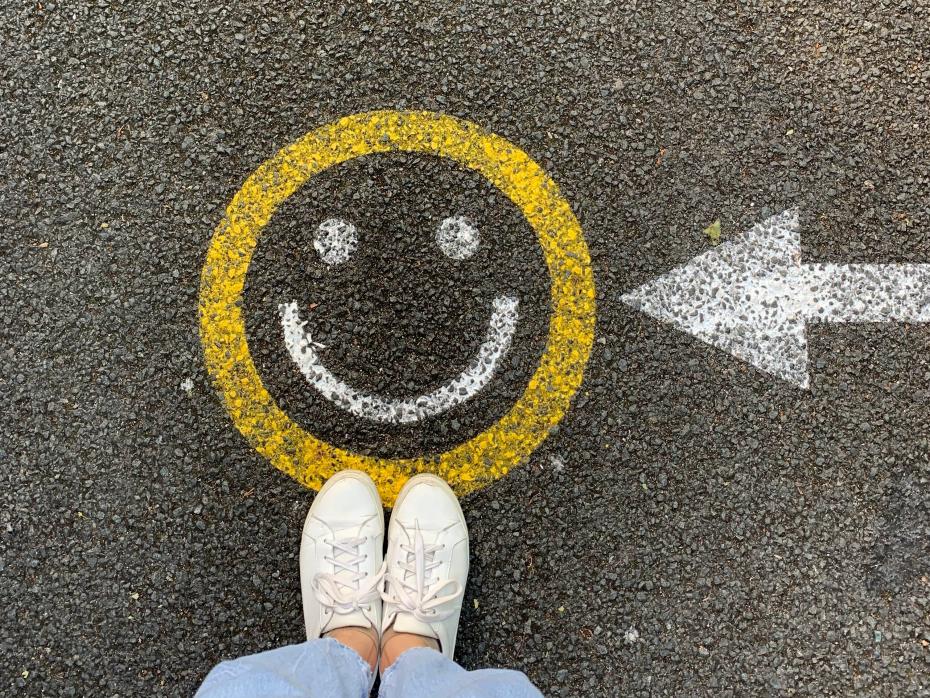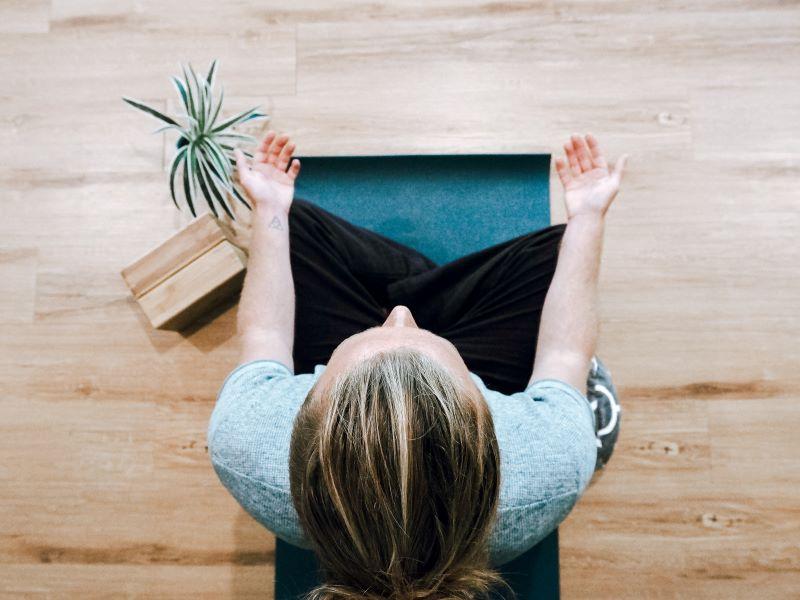The pandemic has exacerbated students’ fears and worries about their health, finances and future. Everyone’s lives have been disrupted and students have lost out on important elements of higher education such as in-class learning, internships, graduation ceremonies, social interactions, peer support, and general normalcy. For some, the pandemic has spurred an existential crisis that disrupts their identity and sense of meaning.
Solid empirical evidence indicates that social support can promote students’ academic achievement, mitigate emotional exhaustion and act as a buffer against stressful events, including a pandemic. While engagement and pastoral support must be provided through regular online classes, by academic staff, student affairs staff or frontline counsellors, what more can be done to practically extend care while physically apart?
Since the pandemic hit, we have run a wide-ranging series of psychosocial workshops engaging professionals trained in many forms of holistic care, including horticultural therapy, animal-assisted intervention, mindfulness, sound therapy, music therapy and expressive arts therapies.
These workshops are broadly connected by the umbrella theme of “Inner Nurturing for Personal Growth”. The aim is to promote a sense of solidarity and social connection to help build community identity and resilience during tough times.
- Resource collection: Looking after well-being in higher education
- Resource collection: The post-pandemic university: how to serve the Covid generation
- From struggle to strength: positive psychological growth through teaching and assessment
Draw on the expertise of diverse well-being professionals
There is a huge variety of practitioners, all of whom have a wealth of knowledge and experience in supporting individuals going through life challenges using different approaches and tools. Institutions should keep an open mind when considering the many approaches to therapy and holistic care to reflect the different individuals seeking support.
The benefits of creative arts, complementary and alternative therapies on both physical and psychological difficulties have been demonstrated by considerable research-based evidence. Inviting a diverse range of practitioners gives participants an opportunity to experience a guided inner journey of self-discovery that relies on creative or bodily self-expression as a way to achieve emotional release.
In one of our online workshops delivered by horticultural therapists, participants were taught about tree growth rings and asked to draw freely the tree rings of their own life journey. Reviewing and reflecting on one’s life through plant growth and cultivation and sharing experiences and transitions (verbally or visually) with the group could be a powerful, positive exercise that promoted self-understanding, resilience and a sense of humanity.
Guided by mindfulness teachers, participants have also been introduced to the idea and practice of mindfulness through Yin Yoga, Zentangle and mindful eating. Learning self-kindness, equanimity and common humanity helps participants respond to the stresses and difficulties of personal and professional life in a compassionate, forgiving and non-judgemental manner.
Planning your well-being workshops
Establishing an umbrella theme and good regular communication with the practitioners about the purpose and expectations of the workshops during planning helps to achieve a sense of unity and coherence between the varied topics and modalities. By placing emphasis on practice-based learning, participants were able to engage in hands-on experiences and look inward at their actions, thoughts, and emotional processes.
Keeping workshops free and opening them to students, staff, alumni and the general public, institutions fosters resilience and well-being across campus while also supporting community collaboration. With ongoing Covid-related uncertainty, it’s best to design workshops that can be run offline, online or in hybrid mode, with slight adjustments to the learning materials and set-up.
This approach helps take some pressure off frontline academic staff who often do not have sufficient training in supporting student mental health difficulties and whose own mental well-being needs at universities across the world have been overlooked.
Improving mental health literacy
Low-intensity psychological interventions are cost-effective, brief, evidence-based psychological or psychosocial treatments for those experiencing mild to moderate psychological issues. These interventions can be delivered either by paraprofessionals or well-being practitioners, or qualified mental health professionals in the shorter term.
Based on ideas of promotion, prevention and early intervention, low-intensity psychosocial workshops make mental health care more accessible for students experiencing mild psychological difficulties or wishing to take better self-care. We asked participants why they registered for our recent online psychosocial workshops and common responses were: “To improve my knowledge and skills related to this workshop”, “To gain inspiration and new ideas”, and “To gain free professional advice”.
Providing such low-intensity support can be particularly effective in sociocultural contexts such as Hong Kong, where there is poor mental health literacy, a shortage of mental health support, and stigmatisation is common.
Where to next
Increasing availability and diversity of accessible support options and psychoeducation is critical to promoting a culture in which people feel able to seek out help. At a time when in-person connections are constantly disrupted and ordinary social support from friends and family has become a luxury, interactions with acquaintances and even strangers may be a promising alternative to fulfilling the fundamental human need to belong and the desire for connection.
Kathleen Chim is associate head of the division of health and science and Benjamin Tak Yuen Chan is dean, both at the Li Ka Shing School of Professional and Continuing Education of Hong Kong Metropolitan University.
If you found this interesting and want advice and insight from academics and university staff delivered directly to your inbox each week, sign up for the THE Campus newsletter.




comment